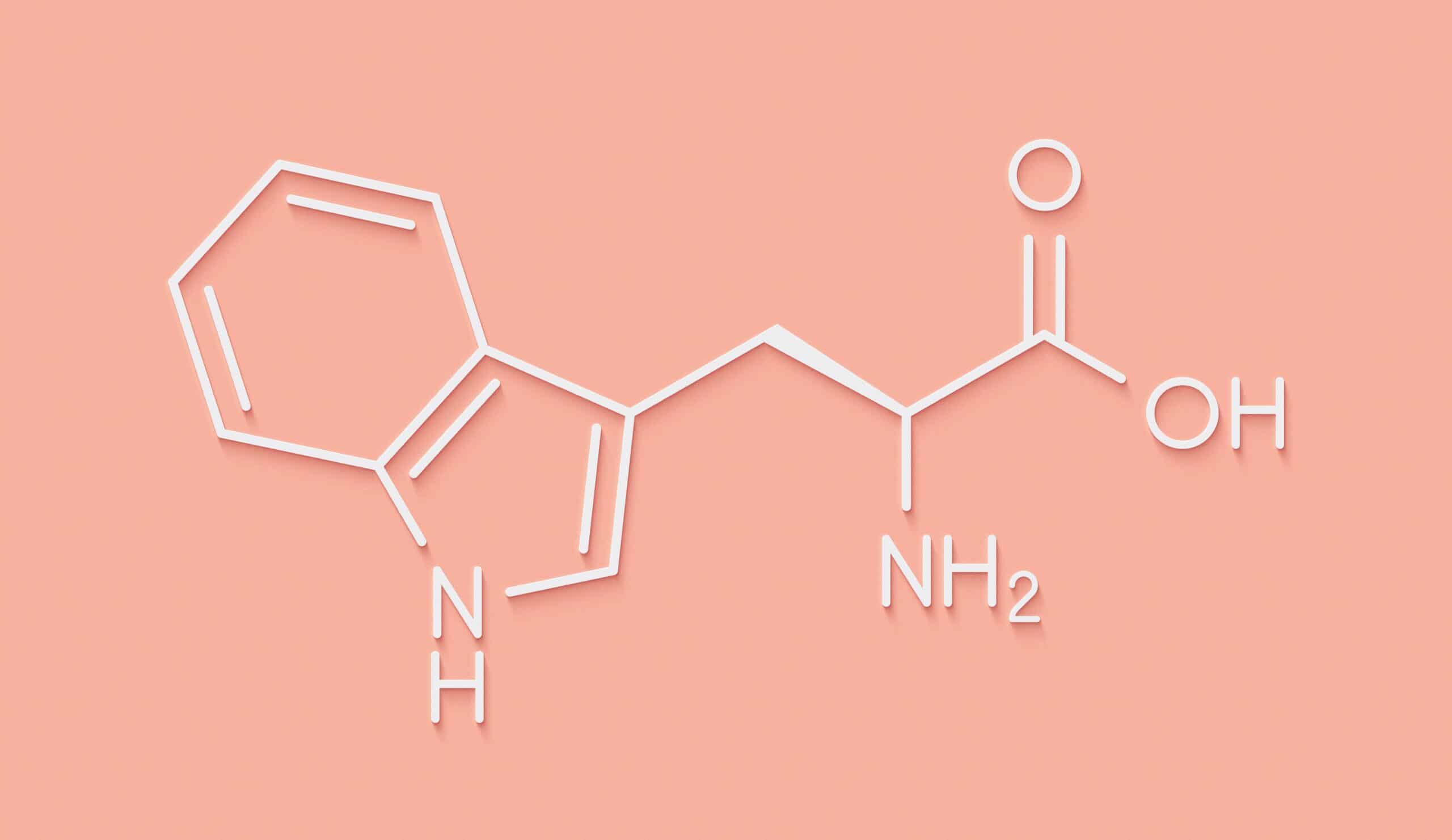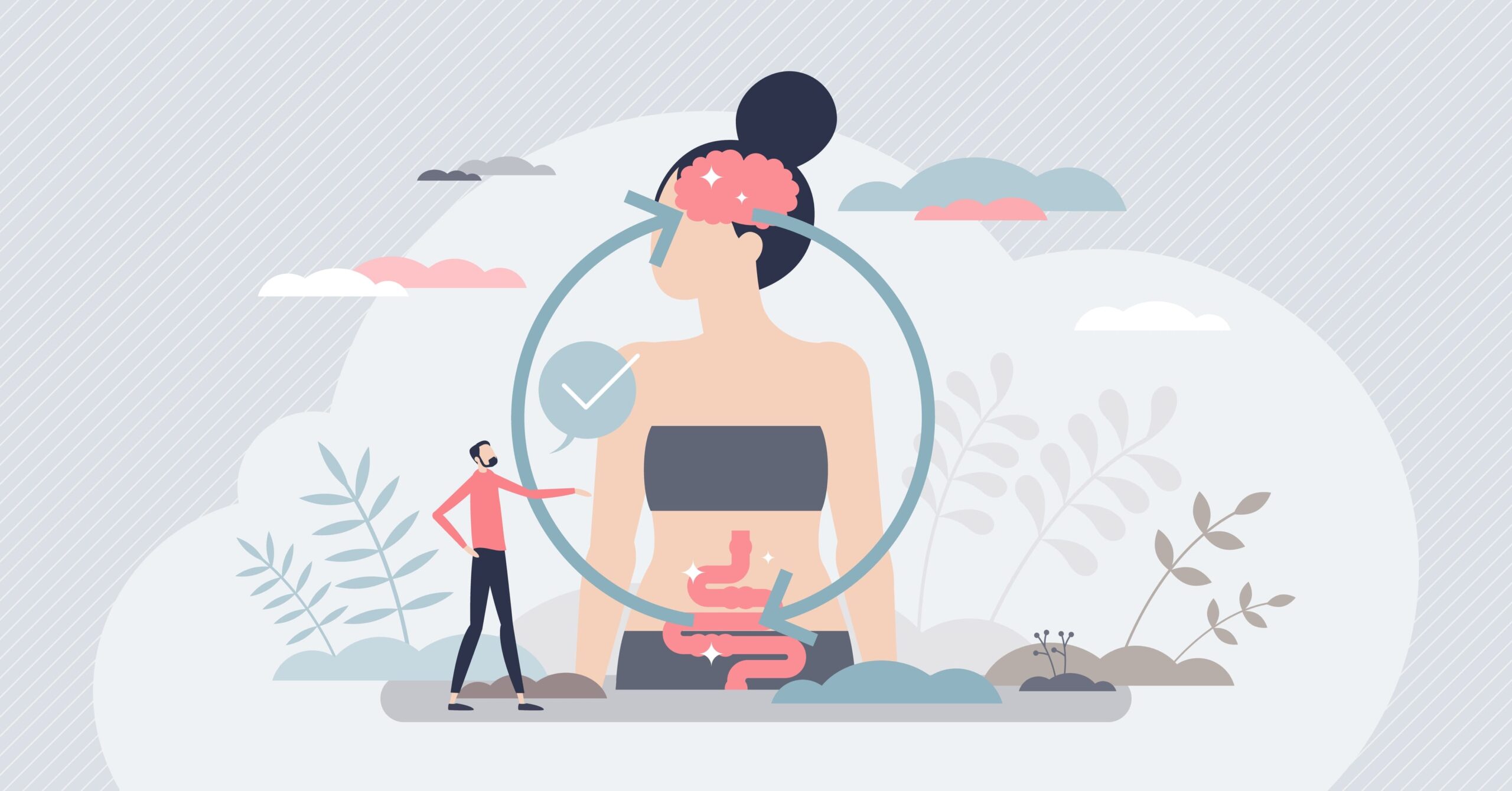Eating disorder recovery is no easy road – be prepared for bumps, twists, and turns along the way. There may be days where you feel on top of everything and days where you seem to be back at square one. But, we’re here to remind you that this is all a perfectly normal and healthy part of the recovery process – and our team at EHL is with you every step of the way!
This blog explores three key signs that could indicate you are ready to achieve a full recovery in your healing journey. Remember that recovery and the path towards it is within reach, meaningful, and you are worth it.
ONE: You are willing and open to seeking and receiving support.
Whether from friends, family, a therapist or medical professionals – you aren’t afraid to open up to those around you and ask for help when you need it most. Embrace your braveness, and don’t be scared to seek the support you deserve. Your vulnerability is a strength and may even empower those around you to seek help in their own lives – this mindset can bring so much further benefit.
There is plenty of research to show the power of support groups and networks in overcoming trauma and complex life events can be crucial in boosting mental wellbeing, decision-making, mood, behaviour and more. We are a social species who rely on each other in our daily lives, in countless situations and contexts – and in the lens of recovery, these relationships have a huge role to play. (1)
Studies even show negatively-correlated relationships between social connectedness and eating disorder symptoms, particularly amongst family and friends as well as the patient-healthcare professional relationship. (2, 3)
Probably all of us at some point have been in a position where we struggle to ask for help with a challenge we may be facing – so remind yourself of the courage this takes and acknowledge how far you may have come.
TWO: You are patient and prepared to put the work in
As mentioned, recovery isn’t a walk in the park and will not happen passively. It takes serious momentum to get the ball rolling and also requires a lot of upkeep and persistence to reach a full recovery and not just a quasi one. So take each day as a new window of opportunity and choose the path of healing, no matter how uncomfortable this may feel at times.
Holding yourself in positive or more neutral regard and having the persistence of effort in your recovery journey will reap considerable benefits in the long term. Limiting beliefs in our recovery process are common and may hinder your progress from time to time, but if you take steps to recover each day – no matter how small, this is significant and will add up to the big fundamental shifts that may lead to our ultimate healing.
This could look like: breaking from a strict exercise routine and giving yourself some time off, exploring mindfulness, catching up with an old friend, booking a massage, yoga class or therapy session, developing a journalling habit or reconnecting with a food you enjoy. Find what is suitable and attainable for you and do what makes you happy.
THREE: You are increasingly aware of diet culture and ready to question the norm
Let’s face it; recovery is uncomfortable. It can be a very foreign place when we choose to go against something that we may have internalised for a very long time. Leaving this comfort zone initially can feel like a minefield, but taking this step and increasing our awareness of messaging and influence around us is crucial to recovery.
We know that diet culture impacts our behaviours and thought patterns regarding body image and disordered eating, our perceptions of others, our stress levels, and quality of life, to name a few. (4,5)
When you find yourself questioning diet culture, hold onto the thoughts you may experience. Ask yourself if the voice in your head comes from a place of restriction or a place of freedom – is this your eating disorder talking, or your compassionate, loving self?
If you are able to detach from negative, destructive, and intrusive thinking, chances are you are working on your self-awareness and being more mindful of your thoughts – and getting to that place is powerful progress.
Remember, no matter where you are in your journey, you are doing a remarkable job. Know that you are capable and worthy of full recovery, and every day can be a step closer – which is for you to work towards.
Want to work with us to heal your relationship with food? Book in a free, no-obligation discovery call today, or learn more about our THRIVE program launching in January 2022!
Priya Chotai, BSc ANutr
EHL Team x
References:
- Siegel, D. (2014). Interpersonal Connection, Self-Awareness and Well-Being: The Art and Science of Integration in the Promotion of Health. Lecture, University of California, Los Angeles (UCLA).
- Nunez N. (2019). Social Connectedness and Eating Disorder Symptomatology. Psychology. 38.
- Linville D, Brown T, Sturm K, McDougal T. (2012). Eating Disorders and Social Support: Perspectives of Recovered Individuals. Eating Disorders. 20(3):216-231.
- Stice E, Ng J, Shaw H. (2010). Risk factors and prodromal eating pathology. J Child Psychol Psychiatry. Apr;51(4):518-25. doi: 10.1111/j.1469-7610.2010.02212.x. Epub 2010 Jan 14. PMID: 20074299.
- Dirks AJ, Leeuwenburgh C. (2005). Caloric restriction in humans: potential pitfalls and health concerns. Mech Ageing Dev. 2006 Jan;127(1):1-7. doi: 10.1016/j.mad.2005.09.001. Epub 2005 Oct 13. PMID: 16226298.














